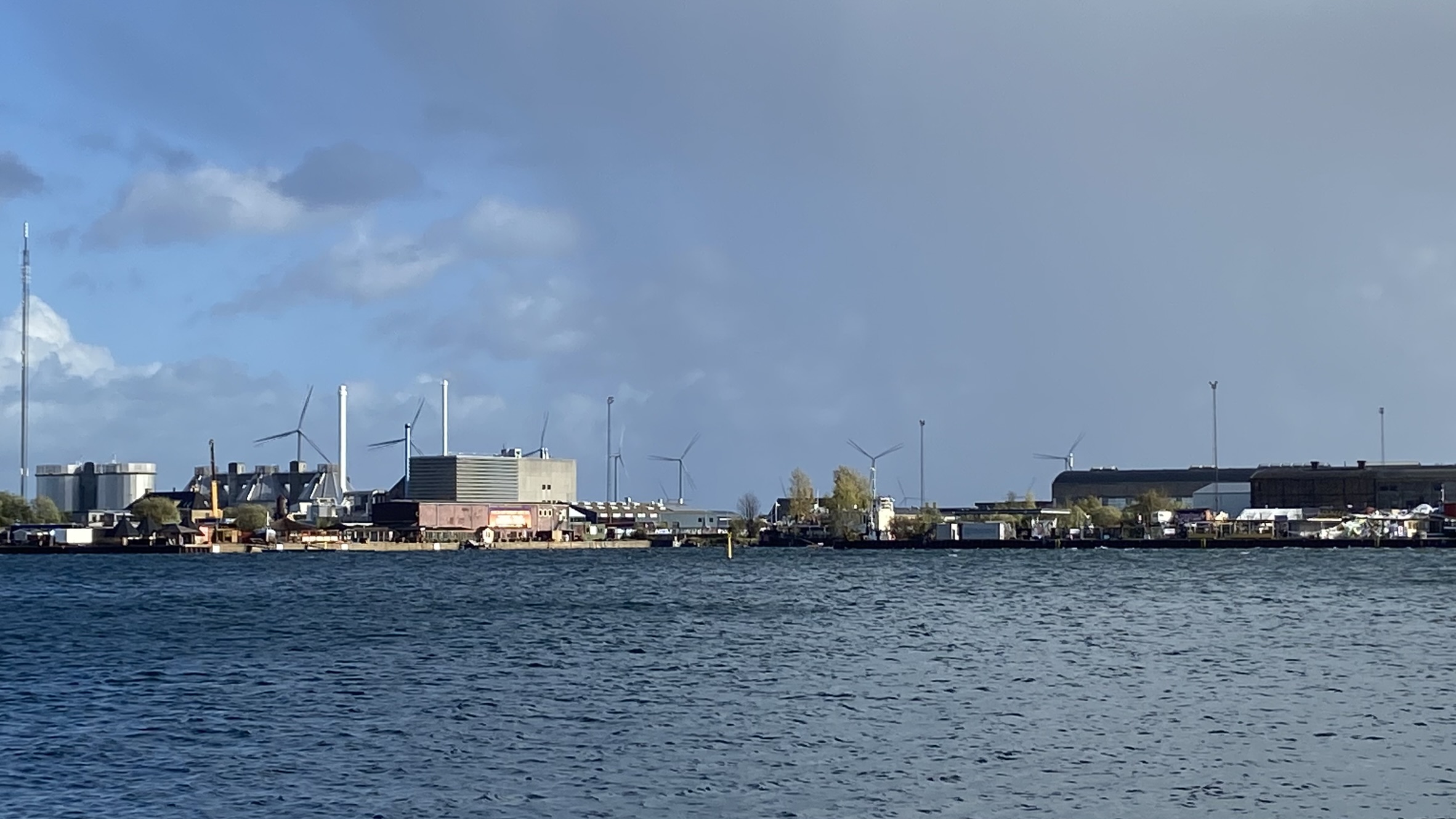Americans and Europeans are negotiating a free trade agreement called TTIP. But why? Trade is already flourishing. Meanwhile, the real barrier to trade is not being addressed: currency speculation, which leads to extreme currency fluctuations and ad hoc price increases for export goods.
If we are to understand the political obsession with free trade, we must look far back in history, beyond the current negotiations. An examination of the past 250 years shows how industrialized countries have become rich and why developing countries remain poor – and why free trade only benefits rich countries.
Free trade is an ideology of the powerful and can be a very effective means of engaging in lobbying. Critics are right to seek to prevent TTIP. However, some of the keywords they use to mobilize activists are wrong. The infamous “chlorinated chicken” that many consumers are afraid of will never come. The strategy employed by the corporations is far more perfidious: lobbyists trying to push through certain consultation procedures that would give them substantial influence – on two continents, and thus worldwide.
TTIP is an exciting topic: As if under a magnifying glass, it shows how capitalism works – and the power that still remains with politics.
Ulrike Herrmann is editor of the economic policy and social issues section for the German newspaper taz since 2000. She often takes part in discussions on radio and television, including the television show Presseclub and the TV station Phoenix. Her nonfiction publications deal with basic social and economic policy issues. In 2013 she published her book Der Sieg des Kapitals. Wie der Reichtum in die Welt kam: Die Geschichte von Wachstum, Geld und Krisen (The victory of capital. How wealth came into the world: The story of growth, money and crises).



